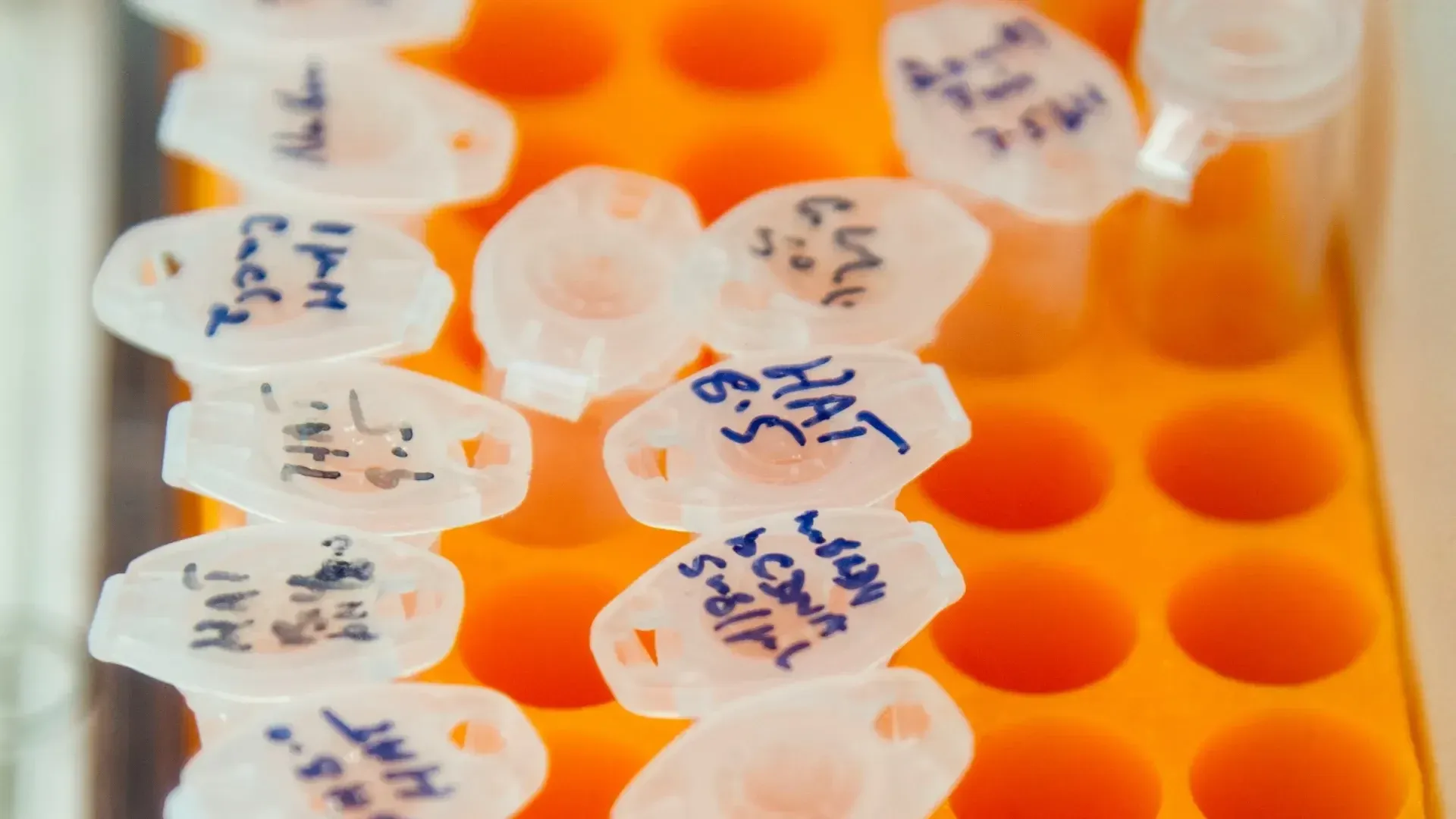
Venture Shape
How Do You Find the Right Biotech Web Design Agency?
Discover how to select the best biotech web design agency. Learn about biotech-specific expertise, website management best practices, and specialist vs. full-service options.
December 30, 2024
Matt Dennis
Full Service versus Specialist
Full-service agencies say they handle a wide swath of services, typically including communications, messaging, web design, PR, IR, etc. Most full-service agencies are exceptional at a few of their offerings and less so at others. This is about trade-offs. The hook is that the biotech company can have a single point of contact to handle this large bucket of communications needs. The trade-off is that entities can rarely, if ever, be all things to all people, so some of the deliverables are going to suffer.
The other choice is for the life science company to put together a team of specialists with deep experience in their respective areas. A good project management or communications leader can keep these parties aligned and on track. The biotech company gives up the notion that a single entity makes it easier to manage the projects but will get higher quality in return.
Specific Biotech Experience
Pipelines, team pages with technical bios, publications, and investor pages are just some of the unique things about life science websites. It’s also important that the site is connected to the most common audience, which is investors. This means having a clear focus on communicating the science and its unique attributes to investors. It’s crucial that the designer understands this to avoid pitfalls like making the design unnecessarily “slick” (complicated) or unintentionally designing towards patients or other audiences.
They Have Worked With Other Biotech Clients
An agency with a track record of working with other biotech clients will understand the specific needs and challenges of this industry. This experience helps them anticipate your requirements without needing excessive hand-holding, saving you time and resources. Look for case studies, portfolio examples, or testimonials from other life sciences companies to ensure their expertise aligns with your expectations.
They Have Experience Building Features Unique to Biotech
Biotech websites often require specialized features like interactive pipelines, scientific graphics, and publication repositories. These are not just “nice-to-haves”—they’re essential for engaging investors and demonstrating scientific credibility. An experienced agency will know how to integrate these features seamlessly into your site while maintaining a cohesive design that aligns with your branding.
Validating If They Are Qualified To Handle Website Management
A lot of agencies are able to deliver a website but aren’t following developer best practices. This is kind of like how Cici’s Pizza can create what is technically a pizza (sorry, not sorry, Cici’s), but most agree it’s not of good quality. There is a lot that happens behind the scenes in web development, and the unfortunate truth is that if it’s done well, the client doesn’t ever know—and if it’s done poorly, they don’t know until something goes wrong.
This is kind of like when I had a custom tile shower built in my house. Subcontractors were used, and the work wasn’t up to par. I didn’t know. I don’t build showers for a living. I did know, however, three years later when my wife pointed out the water damage on the drywall and baseboards in our closet opposite the shower.
So what’s a biotech exec to do? Either research these best practices yourself (hey ChatGPT, what are some of the things I should ask my developer to qualify they are following best practices?) or get the most qualified person on your team to do it.
Best Practices for Long-Term Website Success
Here are some key areas to evaluate when validating whether an agency can deliver high-quality work that will last:
- Accessibility Compliance: Ensure the site adheres to web accessibility standards (such as WCAG). This not only broadens your audience but also demonstrates a commitment to inclusivity.
- Git Version Control: Developers should use Git or a similar version control system. This ensures that every change to your website’s code is documented and reversible, preventing potential errors from spiraling into larger problems.
- Scalable Code: Good code is modular and scalable. This means features can be added or adjusted without the need for a complete overhaul.
- Minimal Dependency on Plugins: While plugins and page builders can be helpful, over-reliance on them introduces unnecessary bloat and vulnerabilities. For high-traffic biotech websites, these shortcuts can become a liability.
Hosting and Ongoing Maintenance
A robust hosting setup is also critical. Look for agencies that use reliable hosting services optimized for performance and security. Additionally, ask about their approach to ongoing maintenance. Do they offer monthly updates and performance monitoring? Are they proactive in preventing potential issues?
By taking the time to validate these practices, you’ll ensure your website remains a valuable asset rather than a liability that requires constant fixes.
Why This Matters
Investing in a website for your biotech company is not just about having a functional online presence. It’s about creating a platform that effectively communicates your vision, engages your target audience, and serves as a foundation for growth. By carefully evaluating potential web design agencies, you can ensure your site is built to meet the unique demands of your industry while standing out in a competitive landscape.